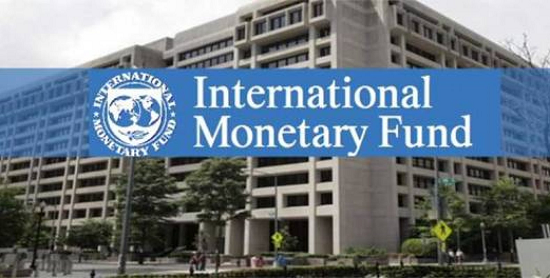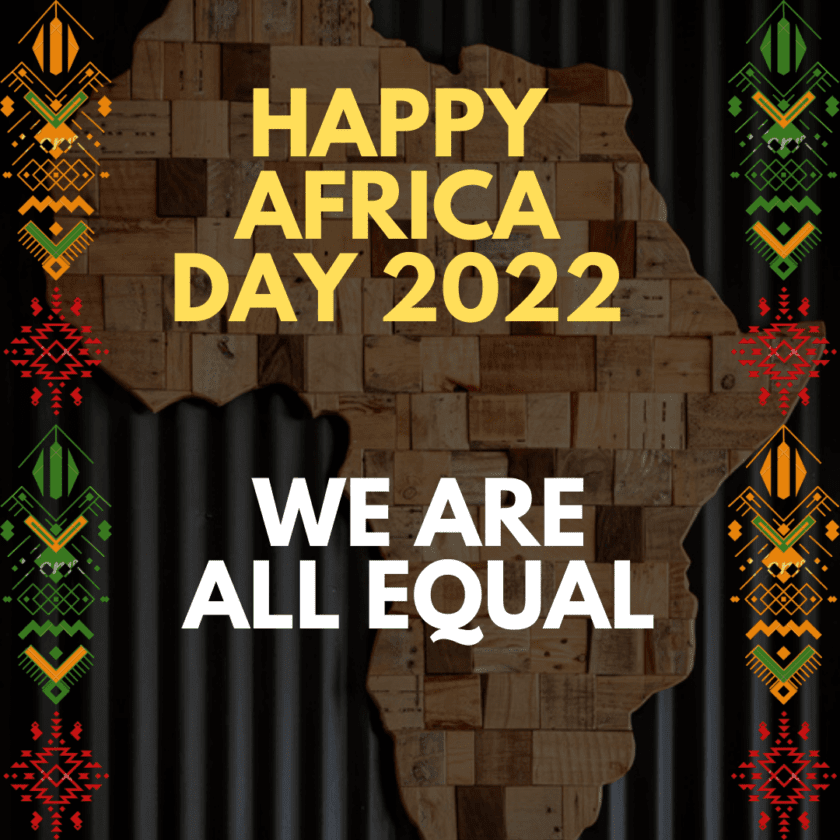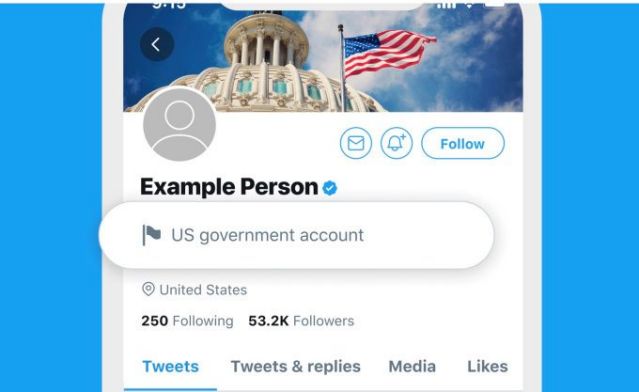The DCA Group hosted its 4th impactful and highly touted Executive Roundtable Conversation on Governance and Human Rights in the Era of Covid-19.
The virtual meeting dialog consisted of prominent lawyers, media personalities, human rights activists, and experts of experts who discussed on the impact of Global Governance and Human Rights in the era of Covid-19, including its impact on economic activities.
The panel of distinguished speakers exchanged expert insights, practical approaches and good practices on: Creation of new policies that are overbroad in reaction to the COVID-19 Pandemic that might harm the pledge to respect human rights; Ensuring the continued Equal treatment and non-discrimination, Right to health; Promoting the Right to information; Enhancing the Protection of privacy in the age of use of contact tracing tools using AI, ML among other tools; Gender considerations, especially how Women and Girls bear the biggest weight in managing the pandemic; Way forward, practical measures, and using Covid-19 as an accelerant to positive change.
Ms. Sophia Bekele, Founder & CEO – DCA Group/CBS International while chairing the forum acknowledged that now more than ever, Governance and Human Rights affects us all.
She emphasized that Africa on the other hand is a resilient continent, we have gone through much worse things before so we will keep faith alive and work hard towards our sustainable goals that’s all we can do.
Dr Chaloka Beyani, Professor of International Law, London School of Economics/ Former UN Special Rapporteur on Human Rights of Internally Displaced Persons/ Member of the SG’s Expert Group of Experts to the High-Level Panel on Internal Displacement, while moderating the discussion said that the fault lines lay in the choice of the system of government, Parliamentary or Presidential at national Level, or a Federal system in terms of devolution, choices which have been exposed during this COVID crisis.
Mr. Gregory Simpkins, Senior Advisor at USAID, Former Chairman, U.S House Subcommittee on Africa, Global Health, Global Human Rights and International Organizations –USA, while admitting that it isn’t going to be easy, noted that COVID has been a game changer and USAID is looking toward the future towards how to help African governments to stabilize their economies, the political situation and the social situation.
On her part, Ms.Gameela Ismail , Egyptian politician, Co-founder of Egypt’s Al Dostour political party, activist, prominent TV anchor & film producer/ Founder of Medina, a unique first of its kind online media platform, emphasized on the need to protect our health and thus survive and continue to live without losing the essence and meaning of life itself.
Mr.Julius Nkafu, FCI, Arb, Public Access Barrister, Great James Street Chambers/ Vice Chair of Unite Union, United Kingdom / Chairman of the Cameroon Business Council/ Member of the Appeals and Sanctions Board of the African Development Bank Group (ADB) urged for people to resolve disputes through Alternative Dispute Resolution (ADR) such as mediation and arbitration, that will not get them in litigation and in court. He stated that we are going to be swimming in a sea of disputes, and the court systems may not be suitable for resolving them because of the difficulties in recognizing and enforcing foreign judgments.
Most notably, Mr. Evans Monari, Partner and the head of the Dispute Resolution Practice at Bowman’s Law-Kenya/ advocate of the High Court of Kenya / Chair of public listed companies as well as local and international charities, emphasized that we must ensure that Africa’s next normal is characterized by inclusive development, effecting delivery of services, and innovative approaches to solve the situations that we are in now.
The forum ended in the concluding words of Mr. Monari who said “We cannot fail, we can only succeed.”
The scale, severity, and adversity of the COVID-19 pandemic has clearly risen to the level of a public health threat that could justify restrictions on certain rights, such as those that result from the imposition of quarantine or isolation limiting freedom of movement. At the same time, however, careful attention to human rights such as non-discrimination and human rights principles such as transparency, right to information, privacy and respect for human dignity can foster an effective response amidst the turmoil and disruption that inevitably results in times of crisis and limit the harms that can come from the imposition of overly broad measures that do not meet the above criteria.
Some of the actions taken to control and prevent the spread of the virus have thus constituted more harm than good. It is imperative that procedures to manage the extensive harms exacerbated by the pandemic must be consistent and in tandem with established international human rights norms. These norms include rights to health, information, due process, and non-return to risks of serious harm and non-discrimination and they thus apply equitable to all persons, irrespective of their immigration status.
Watch the Web Forum below:
This is the 4th Crisis Management Conversation Series of the DCA WebForum titled “Governance and Human Rights in the Era of Covid-19.“



